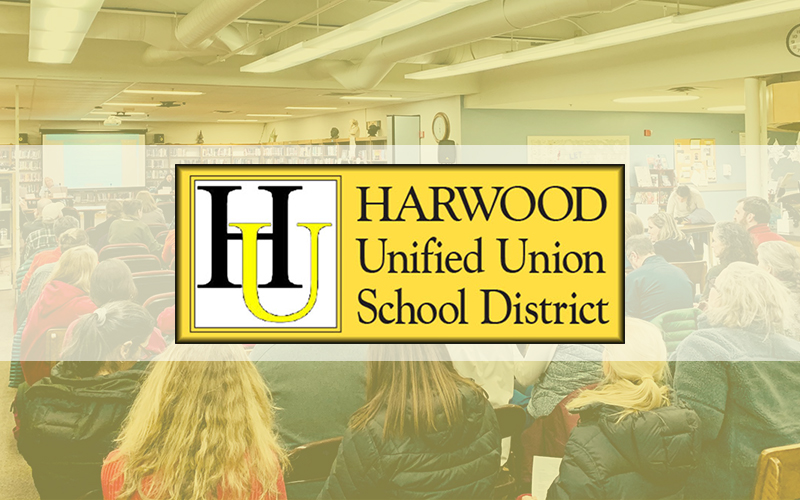The Harwood Unified Union School District (HUUSD) is navigating new terrain as the Vermont Legislature considers a variety of options to help school districts that don’t have approved budgets manage finances and public health concerns during the COVID-19 pandemic. Currently, the HUUSD is one of 19 school districts in the state that hasn’t passed a budget for FY21.
Prior to COVID-19, state statutes allowed districts without approved budgets by July 1 to borrow up to 87 percent of the previous year’s expenses. In this situation, districts could borrow funds while continuing to pursue budget revotes.
Now, the Legislature is considering a variety of budget-securing alternatives. These options include simply asking districts to hold a revote once voting can safely resume, providing districts with the spending authority to operate with budgets equal to the FY2020 education spending, providing districts with the ability to set their FY21 budget at the same amount as warned earlier this spring, providing districts with the ability to set their FY21 budget at an amount less than warned earlier this spring and, finally, providing districts with the spending authority to operate with budgets equal to the FY2020 education spending with additional up to 4% “inflator” that accounts for rising costs.
On Friday, April 24, Caitlin Hollister, Harwood Unified Union School District chair, testified to the Vermont House Committee on Education over Zoom, urged the committee to consider the last option and grant schools without approved budgets the authority to spend 100 percent of the amount used in their fiscal year (FY) 2020 budgets, plus additional spending to account for inflation.
“In the midst of this crisis, I urge you to allow all school districts to operate effectively so that we can meet the dramatic needs in front of us. This means granting spending authority to districts like ours for FY21 equal to 100 percent of our FY2020 education spending plus a reasonable inflator to ensure that we can all provide essential student services in a time when our families will need school support more than ever,” said Hollister.
In her testimony, Hollister explained how this inflation-adjusted imposed-budget policy would help the HUUSD. First, it would allow the district to avoid a budget revote, or multiple revotes, keeping voters and election workers at home rather than adding to the state’s public health burden. Second, it would offer assurance to teachers and other school staff, most of whom received RIF notices after the district's budget failed on Town Meeting Day. Third, it would provide relief to community members by assuring them that schools will be adequately funded for the next school year.
In a leadership report to the school board, Hollister explained why the inflation adjustment was so important, and how FY2020 spending for FY2021 would compare to the budgets the board has already reviewed. “Michelle and Brigid estimate that this would require an additional $128,000 in cuts, on top of the $300,000 we had discussed at our April 8 meeting,” said Hollister in her report, referring to HUUSD Superintendent Brigid Nease and financial officer Michelle Baker.
“They have also indicated those cuts would be possible to achieve without reductions in current programming. This is very good news for our district, but we can only be confident about our options once we hear more definitively from the Legislature.”








